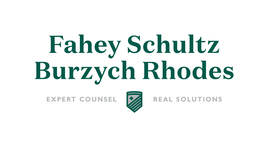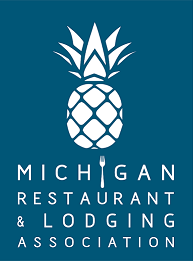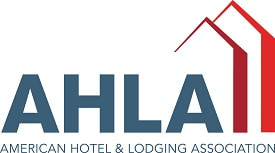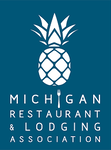Ask the Experts: Being Legally Aware During COVID-19
|

By: Mark Burzych
Q: What are the issues with COVID-19 our business should be aware of?
A: In the last 6 weeks, it seems the world has changed. Your business might think about a couple of things that arose as a result of COVID-19.
First, if you applied for and were granted a Paycheck Protection Plan (PPP) loan, you need to be aware of a few things. When you signed the application, you certified the following: “The funds will be used to retain workers and maintain payroll or make mortgage payments, lease payments, and utility payments; I understand that if the funds are used for unauthorized purposes, the federal government may pursue criminal fraud charges.” The CARES Act specifically provides the “allowable uses” of the PPP loans: payroll costs, mortgage interest, rent, utilities, and interest on any preexisting debt. The PPP forgiveness applies to: payroll costs, mortgage interest, rent, and utilities. Please be careful to use the PPP loan proceeds for only those “allowable uses” provided in the CARES Act. It is still unclear how monies not used for these “allowable uses” will be treated, but you did certify in the application that you would use the PPP loan proceeds for limited uses.
Q: What are the issues with COVID-19 our business should be aware of?
A: In the last 6 weeks, it seems the world has changed. Your business might think about a couple of things that arose as a result of COVID-19.
First, if you applied for and were granted a Paycheck Protection Plan (PPP) loan, you need to be aware of a few things. When you signed the application, you certified the following: “The funds will be used to retain workers and maintain payroll or make mortgage payments, lease payments, and utility payments; I understand that if the funds are used for unauthorized purposes, the federal government may pursue criminal fraud charges.” The CARES Act specifically provides the “allowable uses” of the PPP loans: payroll costs, mortgage interest, rent, utilities, and interest on any preexisting debt. The PPP forgiveness applies to: payroll costs, mortgage interest, rent, and utilities. Please be careful to use the PPP loan proceeds for only those “allowable uses” provided in the CARES Act. It is still unclear how monies not used for these “allowable uses” will be treated, but you did certify in the application that you would use the PPP loan proceeds for limited uses.

Second, many full-service restaurants have been trying to make their business work during the shutdown by offering curbside or carry-out. Many full-service restaurants are currently implementing these offerings in an attempt to use some of the PPP loan proceeds on allowable uses. Restaurants are rehiring their employees at the employees’ fully tipped wages prior to the shutdown, significantly more than the tipped wages paid to tipped employees prior to the shutdown. These restaurants are running the carry-out and curbside business with a skeleton crew consisting primarily of “back of the house” staff. Any front of the house staff is utilized by taking phone orders or running food out to the curb. During these times, most customers are being very generous with their tips, leaving the tip on the credit card at the time of order. Since any tip pooling arrangement must be in writing, you should ensure your tip pooling policy is consistent with your current practices. Any mandatory tip pooling arrangement can only apply to tipped employees (and back of the house employees are not tipped employees). A voluntary tip pool among all employees is permissible, but only if it is truly voluntary. If any coercion or incentive is involved, an informal “voluntary” tip pooling practice could be deemed invalid, which could run afoul with the wage and hour laws. Please be careful out there.





